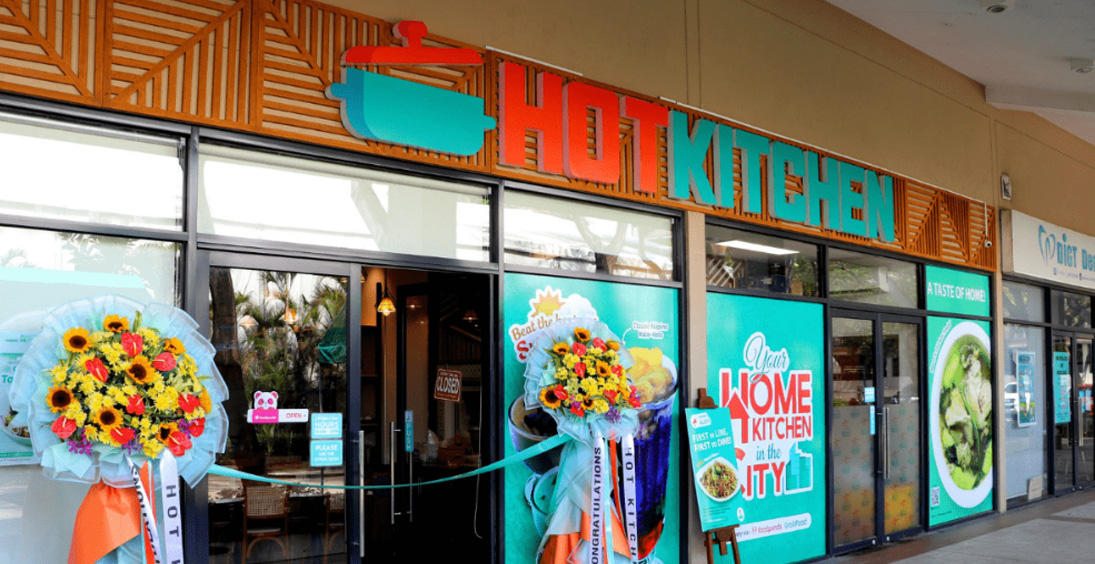Steps on How to Get a Housing Bank Loan for Your Condo
Housing bank loans is one financing option that you can avail of when you want to acquire condo properties in the Philippines. There are different banks that offer this kind of financing option - they only differ on the interest rates and the period of the mortgage payment. This is an ideal mode of financing especially when you are choosing the perfect condo you want to invest in, but have a tight budget. It will also be convenient for you when you enroll in a housing loan because you will only be paying a fixed monthly amortization that is set by the bank. Let’s learn more about this condo financing option.
What is a housing loan?
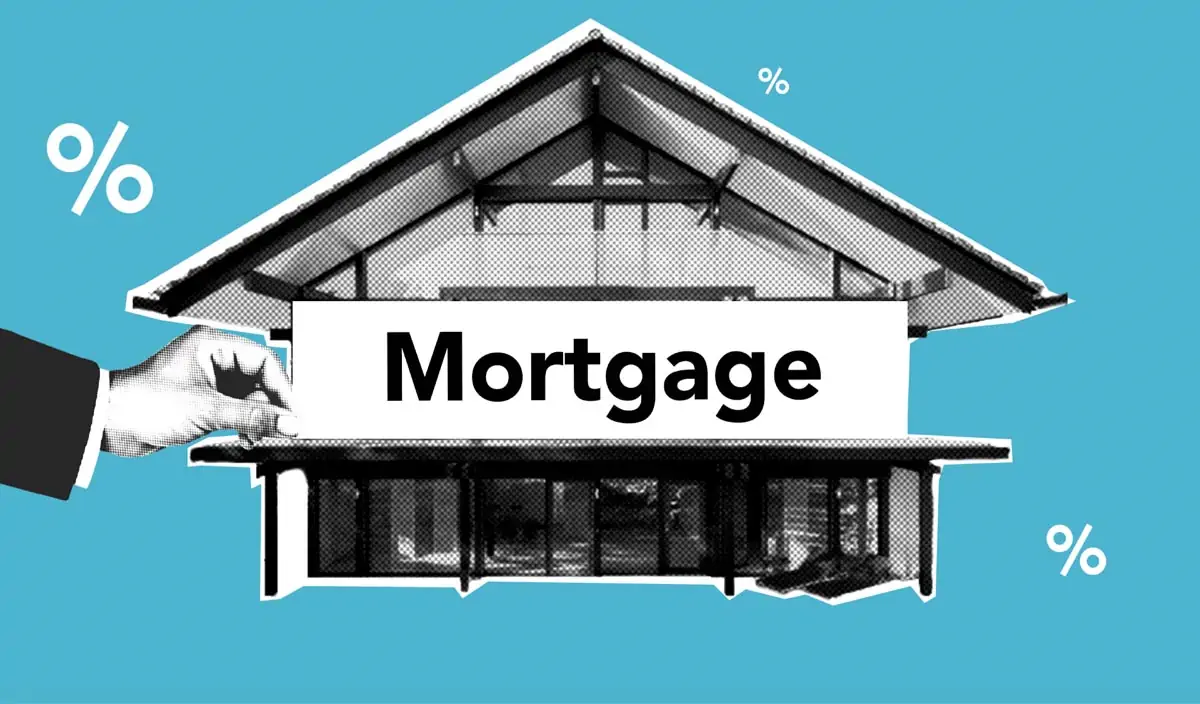 Photo courtesy of Monstera via Pexels
Photo courtesy of Monstera via Pexels
To understand more about bank housing loans, here is a quick overview on how this works. Banks will be offering a housing loan to their clients or depositors and they will be financing it for the purchase of their home or condo unit. Along with the offer they will be stipulating the monthly interest and how long will the client be paying the amortization. When the clients are interested in the bank's offer, they will be submitting the requirements needed by the bank and wait for the approval of their loan.
Types of housing bank loans in the Philippines
There are different types of housing bank loans in the Philippines that you can avail of when you want to purchase your own condo unit. Here are some of the different financing options DMCI Homes Communities collated that you might want to avail of.
- Home Purchase Loan
- Property Construction Loans
- Refinancing Loan
- Home Equity Loan
- Home Repair Loans
- Home repair or Extension Loans
1. Home Purchase Loan
 Photo courtesy of RODNAE Productions via Pexels
Photo courtesy of RODNAE Productions via Pexels
Home purchase loan is one of the most common types of housing loan being offered by banks to their clients, especially those who are starting their career or family. You can avail of home loan when you want to acquire a house or a condo property.
2. Property Construction Loans
Do you own a real property but do not have funds to build a house on it? Then a property construction loan is a suitable financing mode for you. You can avail of this type of housing bank loan when you want to build your own house especially if you want it to be built according to your needs and specifications.
3. Refinancing Loan
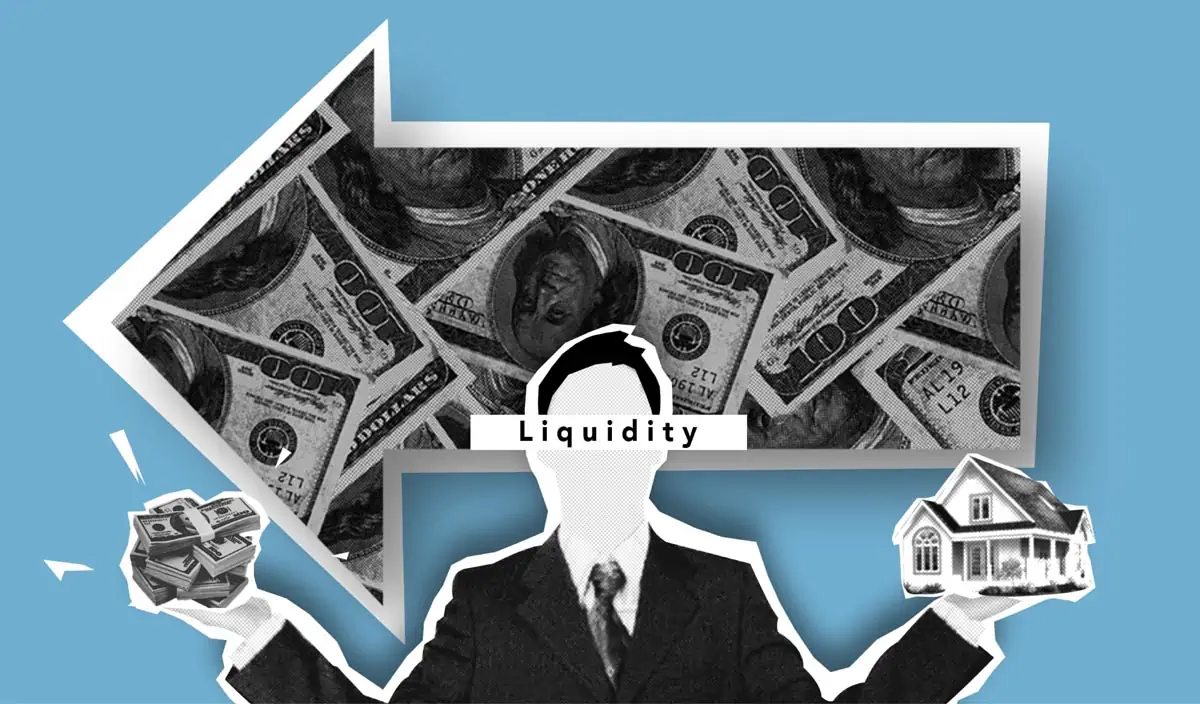 Photo courtesy of Monstera via Pexels
Photo courtesy of Monstera via Pexels
A refinancing loan is a type of housing bank loan wherein you will be borrowing money from another lender with smaller loan interest rates to pay off your current home loan. This is a suitable loan when you want to make your monthly loan payments cheaper and easier. This type of housing bank loan is used by other people if they want to save money in the long run and ease their financial burden.
4. Home Equity Loan
A home equity loan is a type of housing bank loan where you can borrow money and use the equity of your home as your collateral. The equity is the current value of your property less the existing amount of the mortgage on your property. Typically a home equity loan has a fixed rate of interest that will not change, and you will receive the money on the equity loan as a lump sum.
5. Home Repair Loans
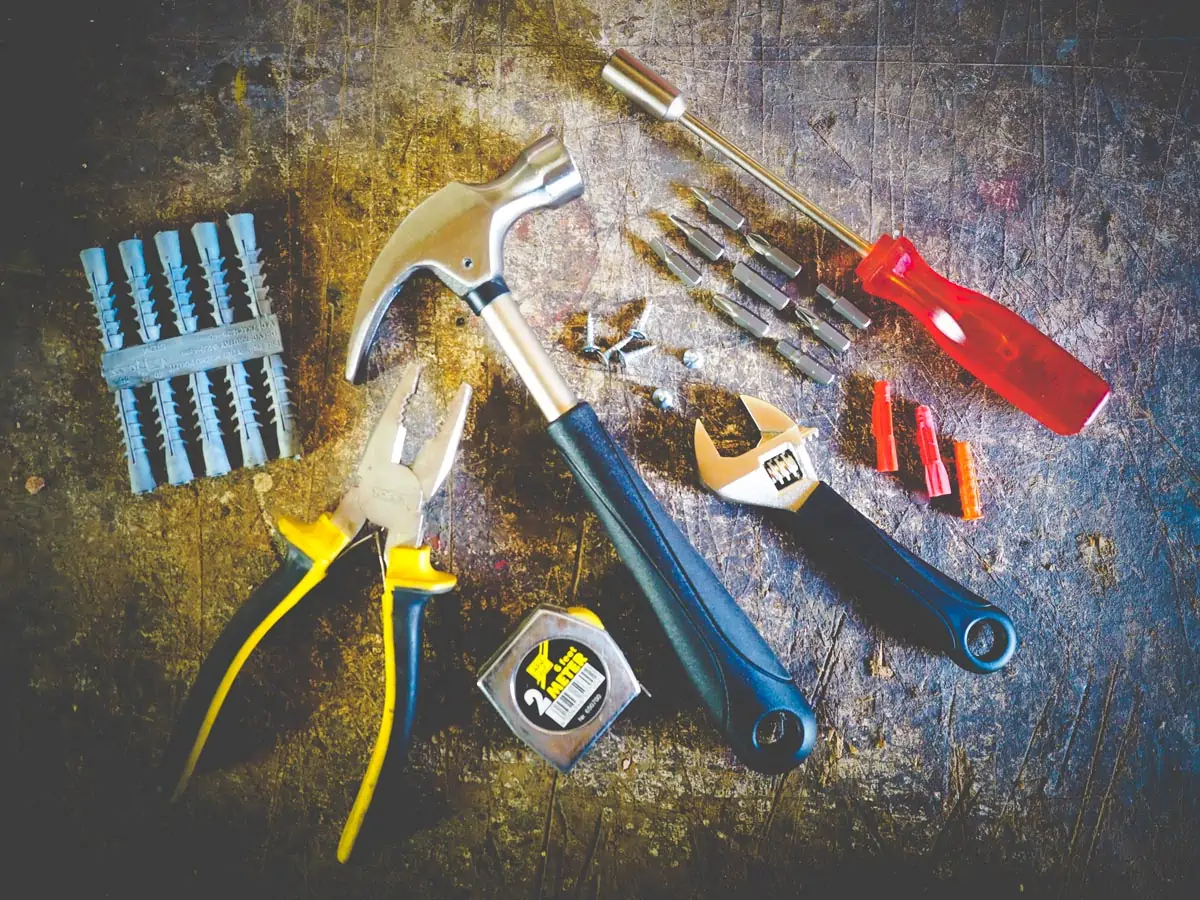 Photo courtesy of energepic.com via Pexels
Photo courtesy of energepic.com via Pexels
If you have an existing house or a condo unit and you want to repair it but you do not have enough funds to do so, then you can avail of a home repair loan. This type of housing loan in banks is very helpful for home or condo owners that need to repair their properties.
6. Home Extension or Improvement Loans
You can avail of this kind of housing bank loan if you want to make improvements to your house or condo renovation. If you have extra space in your house or there is another part of your condo that needs redoing, then this type of loan is suitable for you. And now that you have an idea on what are the types of housing bank loans that you can avail of, you can check out these steps on how you apply for these kinds of loans.
What are the types of housing loans in the Philippines?
- The Conventional Housing loans
- The Flexible Housing Loans
1. The Conventional Housing Loans
This type of housing bank loan is for persons who want a predictable payment plan where they can anticipate and plan their finances. In a conventional housing loan, the amount of payment is fixed over a particular period of time.
2. The Flexible Housing Loans
This type of housing loan gives the lender control of the interest rate of their flexible loan, depending on their deposit and they can start their repayment anytime.
How to apply for bank housing loan in the Philippines
- Calculate your eligibility and ability to repay the loan
- Submit the necessary documentation to apply for a loan
- Receive approval or denial from the bank
- Sign and finalize your loan agreement
- Prepare your home for move-in day after receiving funds from the bank
1. Calculate your eligibility and ability to repay the loan
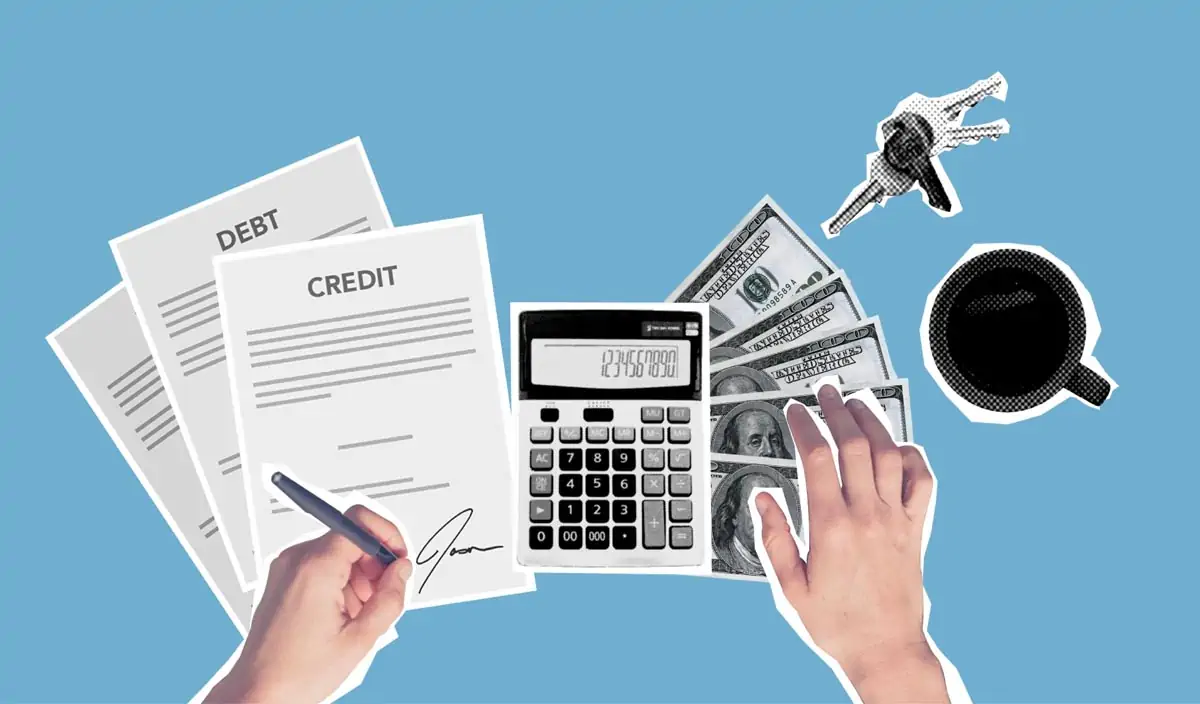 Photo courtesy of Monstera via Pexels
Photo courtesy of Monstera via Pexels
This is the most important step before you apply for a housing bank loan. This is important because you must assess yourself if you have the capability of taking out a loan, and repaying the principal along with the home loan interest. If you fail to assess yourself and you can take out a loan, this can lead to financial stress and the worst thing that could happen is the foreclosure of your house or condo unit.
2. Submit the necessary documentation to apply for a loan
To avoid hassle and delay in applying for a housing bank loan, you must make sure that you complete the necessary requirements and documents before submitting it to the loan officer of the bank. This will save you time and you can receive the loan immediately.
3. Receive approval or denial from the bank
After submitting the loan application along with the required documents to the bank, all you have to do is to wait for the approval or denial of your loan application.
4. Sign and finalize your loan agreement
 Photo courtesy of Alena Darmel via Pexels
Photo courtesy of Alena Darmel via Pexels
Once you have received the approval for your housing loan from the bank, you can now finalize your home loan agreement by signing the documents with the bank personnel.
5. Prepare your home for move-in day after receiving funds
Finally, this is the last step of your housing bank loan process because you will now be receiving the funds from your bank. You can now start preparing to move in on your new home or condo unit. Those are the five simple steps on how to apply for a bank housing loan in the Philippines. Always remember to update and never miss your monthly payments to the bank, to avoid problems like foreclosure of the property and having a bad credit standing. You can handle your financial obligation and be up to date with your principal payments along with the home loan interest as long as you know how to handle your condo budget and finances. You must not also worry about having this kind of financial obligation because it is a part of being independent in life.
What are the requirements for obtaining a Housing Bank Loan in the Philippines?
 Photo courtesy of Kindel Media via Pexels
Photo courtesy of Kindel Media via Pexels
Here are some DMCI Homes accredited banks that you can contact to apply for a condo bank loan in the Philippines. Take note that these are just some of the common requirements being submitted, different banks can ask you for additional or other requirements if needed.
1. Document Requirements
Here are some basic documents that you need to present and submit. These documents usually are the application forms and identification cards proving that you are the person who is applying for a housing bank loan. Basic Documents
- Signed home loan application form
- Clear copy of 1 valid ID matching application details
- Marriage Contract, if applicable
- For foreigners, a photocopy of the Alien Certificate of Registration (ACR) showing Visa status as a permanent immigrant or Alien Employment Permit (AEP) or Visa ID
2. Income Documents
These documents pertain to your sources of income. The reason why loan officers of a financing institution require you to submit proof of income is for them to be assured that you have the financial resources to repay the principal amount of the housing loan along with the interest. If locally employed
- Latest Income Tax Return (ITR) or W2, and
- Latest 3 months' payslips or Certificate of Employment with salary breakdown
If employed abroad
- Latest 3 months' proof of remittance, or
- Latest 3 months' payslip, or
- Certificate of Employment or Employment Contract duly authenticated by Philippine Consulate Office, or
- For seamen, the latest Crew Contract and employment history or Crew Contract and Exit Pass from POEA
If self-employed
- Business Registration Papers (Certificate of Registration from DTI or SEC, Articles of Partnership or Articles of Incorporation, whichever is applicable)
- Latest Audited Financial Statements for the last 2 years with the latest ITR
- Bank Statements (latest consecutive 3 months)
- Trade References: List of Suppliers and Customers (at least 3 each) or List of Affiliated Hospitals/Clinics (for doctors)
- Lease Contracts and copy of the title (for income derived from rental)
Types of Acceptable Visas for Foreigners
- Quota or Non-Quota Immigrant Visa:
- Alien spouse of a Filipino citizen (Sec 13A Visa)- Natural-born Filipinos married to an Alien (Sec 13D Visa)
- Returning Resident (Section 13E Visa)
- Natural-born Filipinos naturalized in a foreign country (Sec 13G Visa)
- Photocopy of Special Retiree's Resident Visa (SRRV) or Quota/Preference Immigrant Visa
- Permanent Resident Status and working Visa granted by Subic Bay Metropolitan Authority (SBMA)
- Working Visa issued to Embassy Officials
3. Collateral Documents
Aside from proof of income documents, financing institutions also ask for collateral documents as a security for the housing loan. These documents usually are land titles or condo titles and they are being annotated by the financing institutions, and the annotations on the titles will only be removed if the housing loan is fully paid.
- Photocopy of TCT / CCT
- Lot Plan with Vicinity Map certified by a Geodetic Engineer
- Master Deed of Declaration of Restrictions (for condominiums)
4. Additional Documents or requirements
For Refinancing or Loan Take-out
- Statement of account and official receipts for the last 3 months
Key takeaways
Housing bank loans are a good financing option, especially for those who are still starting to invest in a house or a condo unit. This is also helpful for people who want to invest but consider their financial status and budget. Here are some key takeaways that you can use when you are deciding to invest in a house or a condo unit and enroll in a housing bank loan.
- Know your current financial status. Study your finances and check if you have the capability to enter into a loan agreement with the bank. You must consider your household income and other expenses. This is important so that you can avoid falling into a debt trap and destroying your finances.
- Pick the right bank to partner with. It is important to pick the right bank where you want to take out a loan. Check the interest rates that the bank imposed, the payment method and how long is their amortization period.
- Ask the help of financial advisors. If you have no idea how to assess your financial situation and you do not have experience with a housing loan. Then it is advisable for you to seek advice from experts or financial advisors, this is important because they can guide you in your decision-making process when it comes to using bank financing as a mode of acquiring your new house or condo unit.
To learn more about DMCI Homes pre-selling and ready for occupancy projects, units for lease, and special promos, log on to www.dmcihomes.com or call (632) 5324-8888. You can also check out https://leasing.dmcihomes.com/ for currently available condos for rent.
For news and other updates, check out our social media accounts on Facebook, Twitter, Instagram, and YouTube.

